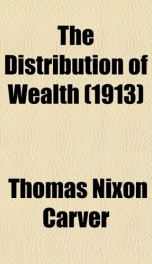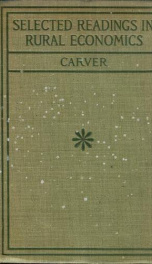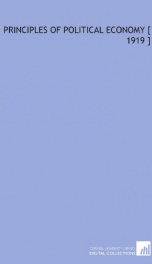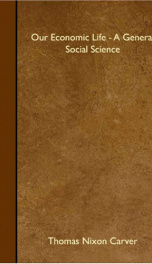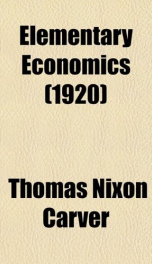principles of national economy
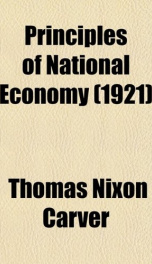
Purchase of this book includes free trial access to www.million-books.com where you can read more than a million books for free. This is an OCR edition with typos. Excerpt from book: CHAPTER II ECONOMIC DESIRES Desires as motives. The purpose of economy is to enable us to secure the fullest possible satisfaction of our desires. The more desires we can satisfy, or the fewer we leave unsatisfied, the more prosperous we become. These economic desires, moreover, furnish the constant motives to economic action, though they are supplemented by instincts, impulses, and other motives not so well understood. The need of an adequate motive. Whenever a new enterprise is proposed, whether in the field of business, politics, education, or philanthropy, one of the first questions that ought to be asked, after ascertaining that the purpose of the enterprise is a worthy one, is, Where is the motive ? or, Who has a sufficient motive for carrying it on? Many an excellent planexcellent in other respectshas failed merely because no one had a sufficient motive for spending the vast amount of time and energy necessary to make it succeed. New enterprises have to be nursed along and coaxed into success; and no one will take the necessary pains unless he has a powerful and persistent motive. Sudden enthusiasms are soon spent, even the pleasure of doing something new wears out when the enterprise ceases to be new. Some motive is needed that does not wear out but renews itself every day. Physical wants have this quality, because the human body requires constant supplies of goods. Transitory motives. Many of our impulsive and instinctive actions are desultory because as motives they are easily satisfied and are not self-renewing. Every spring, about the time the frost is out of the ground, nearly every man feels an impulse to dig. It seems as natural for him to dig at that time of the year as for the sap to run, the crocuses to push upward, geese to flynorthward, or boys to...
Info about the book
Author:
Series:
Unknown
ISBN:
0495599247
Rating:
3.5/5 (3)Your rating:
0/5
Languge:
English
Users who have this book
Users who want this book
What readers are saying
What do you think? Write your own comment on this book!
write a commentif you like principles of national economy try:
Do you want to read a book that interests you? It’s EASY!
Create an account and send a request for reading to other users on the Webpage of the book!

